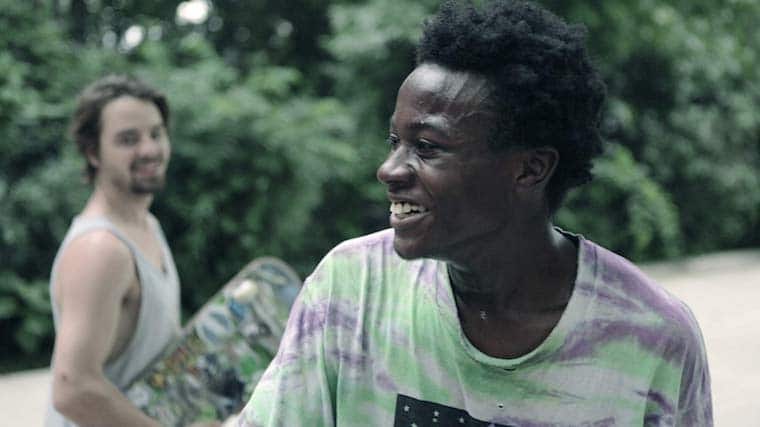What first seems like a sweet story about a skateboarding community filling the emptiness left behind by broken families, molds layer-by-layer into a piercing excavation of the wide-reaching pain caused by domestic abuse. Written, produced, edited, photographed, and directed by Bing Liu, the documentary Minding the Gap is as much a portrait of the filmm…
Keep reading with a 7-day free trial
Subscribe to Nonfics to keep reading this post and get 7 days of free access to the full post archives.



